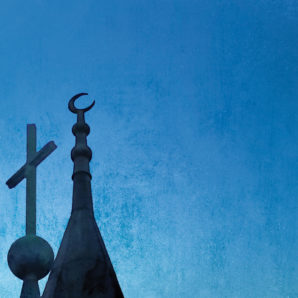The Case of the “Two-Minus-One” Pregnancy
In post-Enlightenment secular bioethics, the default value has become the autonomy and choice of the individual. But Christian and Muslims traditions are, of course, skeptical of this shift. Unless we critically examine the social context and structures which shape and even coerce our “autonomous” and “free” choice, we cannot hope to adequately engage bioethical issues. Read the full article »
Read More →
In post-Enlightenment secular bioethics, the default value has become the autonomy and choice of the individual. But Christian and Muslims traditions are, of course, skeptical of this shift. Unless we critically examine the social context and structures which shape and even coerce our “autonomous” and “free” choice, we cannot hope to adequately engage bioethical issues. Read the full article »
Read More →
